
Joseph Finlay Dalrymple
I have a passion for sustainability, and how it will transform the industry and design thinking. I am interested in the integration of systemic and product design as I believe it plays a key role in a sustainable future.

I have a passion for sustainability, and how it will transform the industry and design thinking. I am interested in the integration of systemic and product design as I believe it plays a key role in a sustainable future.
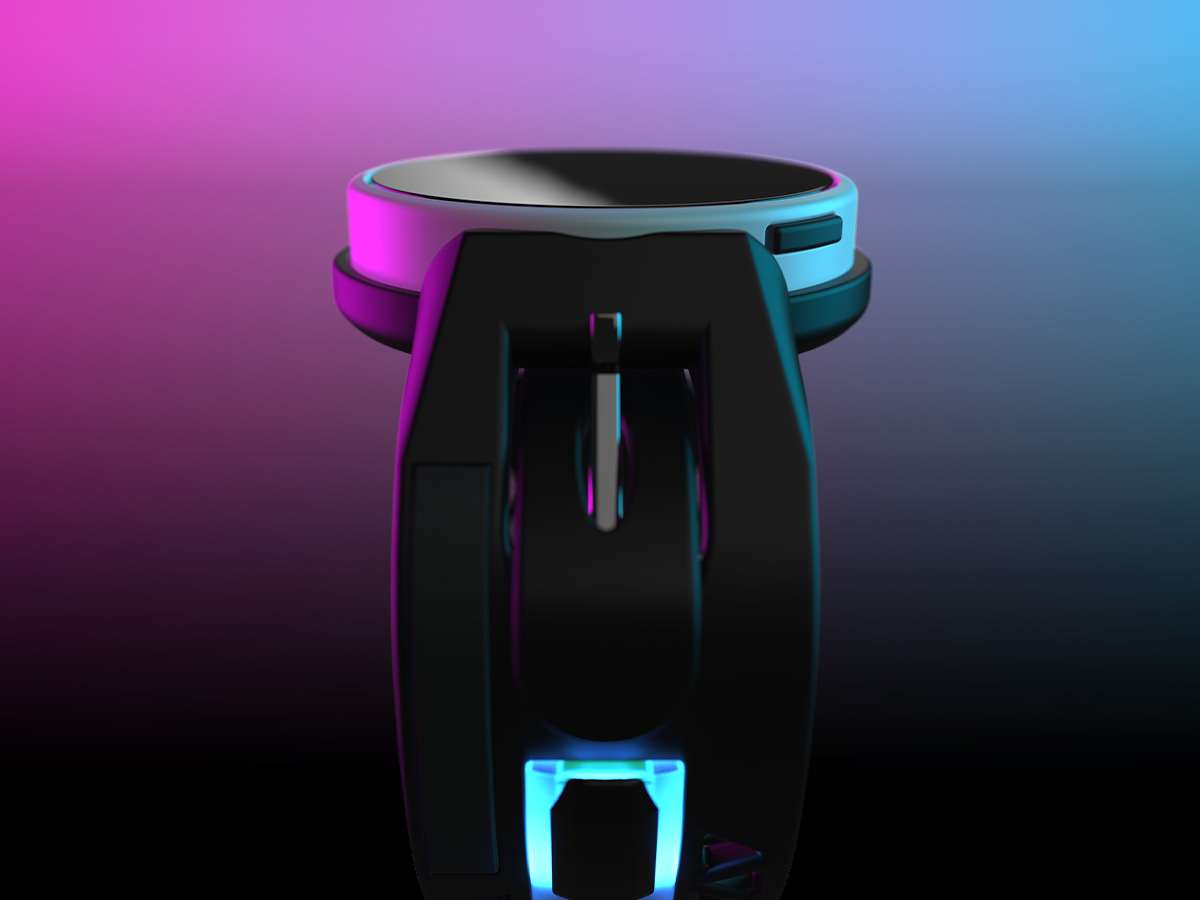
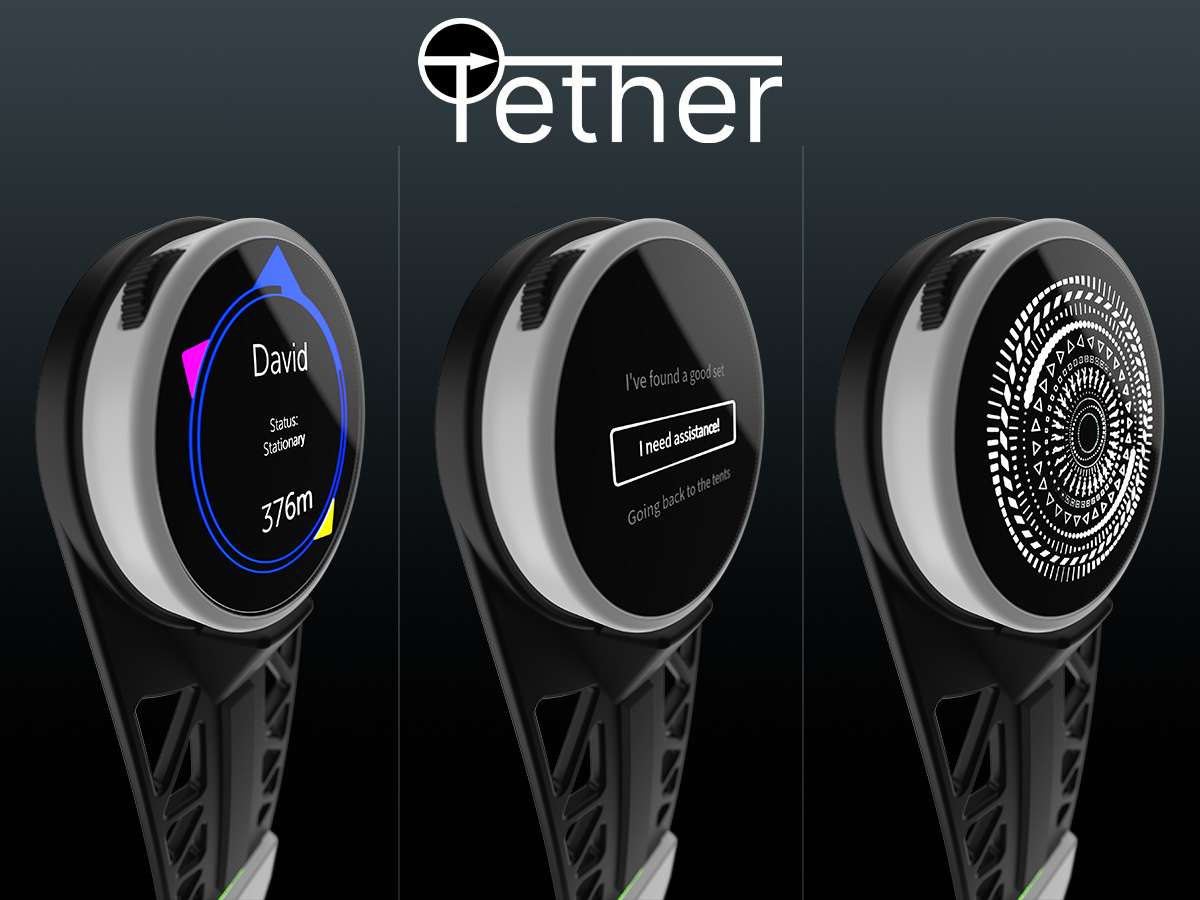
Tether is a handheld device for festival attendees which overcomes mobile connection and charging facility limitations often experienced by UK festival goers. It provide a tool to assist the user with locating their friends and their tent even when it is dark or the user is intoxicated. Festival goers who are apprehensive or nervous about attending a festival for the fist time, or even the hundredth time, can feel safer and more connected to the meaningful people around them.
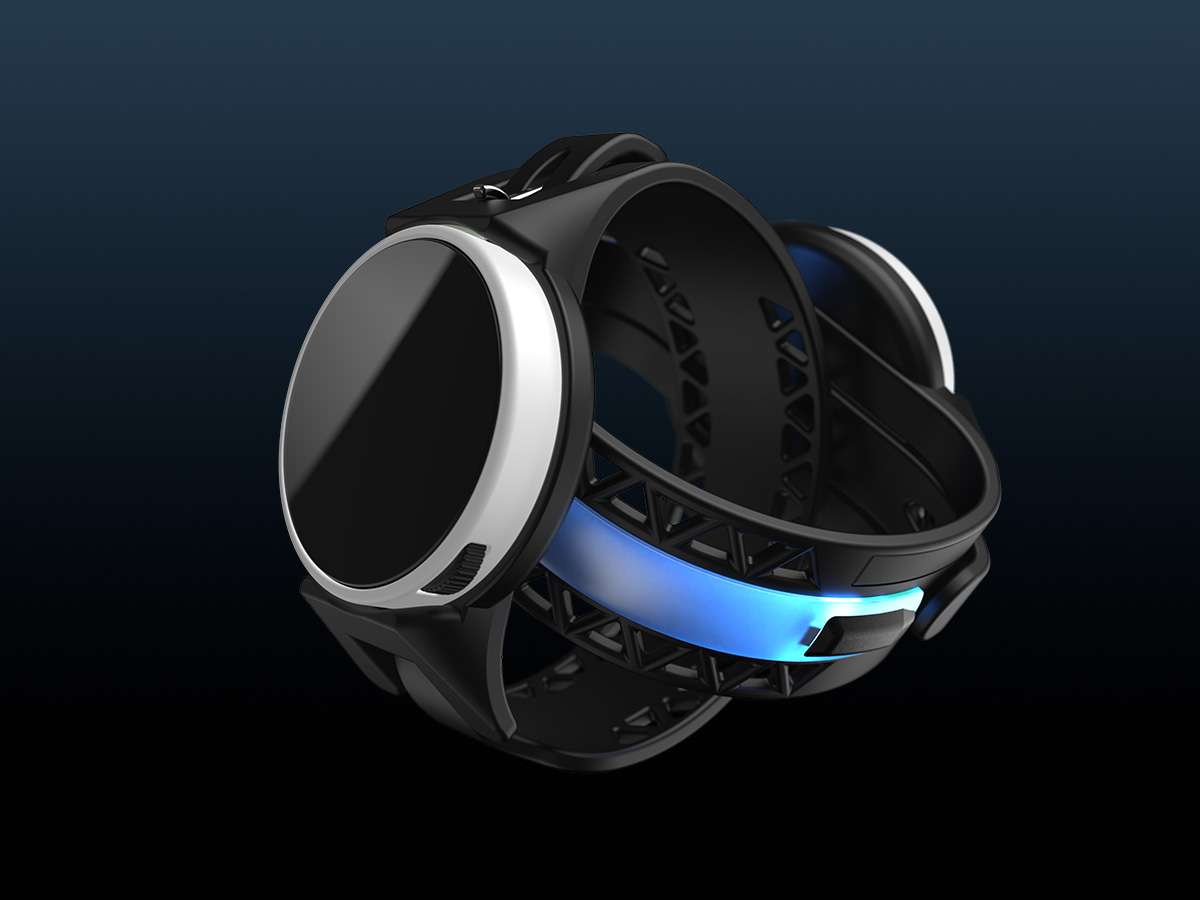
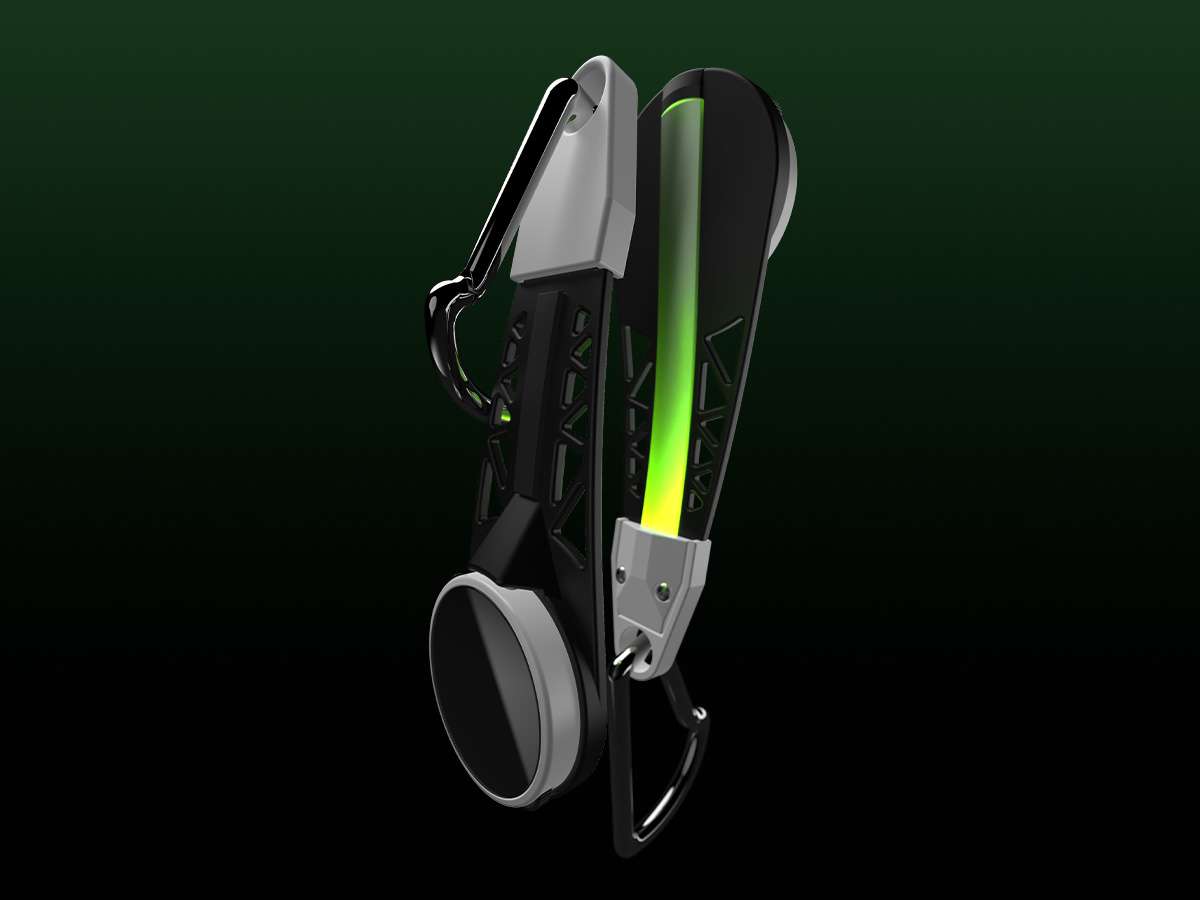
In an unfamiliar, crowded, and dark environment, navigating with a screen can only get the user partway to their friend. GPS coordinates have limitations and will only guide the user to the general vicinity. Finding someone in a dense crowd, in the dark, with loud music is challenging. This device features a ‘close proximity’ mode that lights up the friend’s device, making identification much easier.

LoRa mesh technology enables devices to transmit GPS coordinates over extended distances. The network’s effectiveness increases with more devices, as each device helps relay data further. This mesh network amplifies the communication range, using each device as a stepping stone.
The product has been proposed to be part of a leased system. The device can be rented for the duration of the festival under a deposit and must be returned on the last day. This has many benefits, mainly that it is used to its fullest extent during its lifetime, instead of being purchased and used by only one person twice a year.
With this leased system, the device can be interchanged with different wearables: a wrist strap, a neck strap and a carabiner. This is down to the users preference when they opt in to lease the product

The brief for this project was to design a reusable beverage packaging system to replace the current single-use model. The new system needed to be more environmentally friendly than existing solutions and this was proven with carbon footprint calculations.
The target audience is young adults commuting by public transport in urban areas, whether for work or leisure. The reusable packaging system is integrated with the Elizabeth Line, allowing users to return the packaging directly on the train. This convenient location ensures accessibility for commuters and facilitates the collection of returned packaging at the line terminal. From there, the packaging can be transported back to the Costa distribution facility for cleaning and reuse, promoting sustainability and reducing waste.
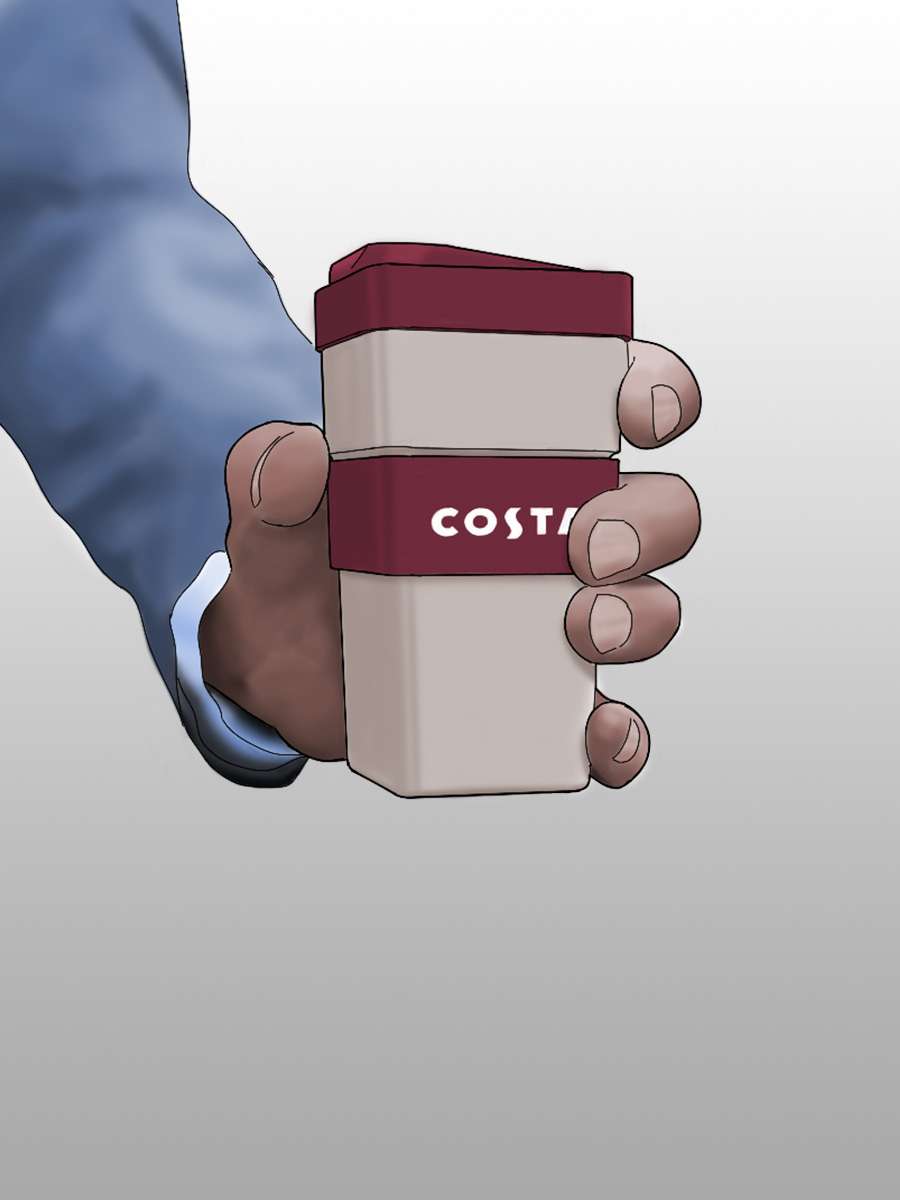
The packaging and user touch points were designed to optimise the system. The reusable cup is a square shape and is stackable so it can be packed more efficiently in return points and transport vehicles.
The system itself has been designed so packaging is transported in bulk and round trip transport journeys are low mileage to ensure a low carbon footprint is achieved